By Jeff Kanan, Grammy-nominated engineer and producer, owner of The Keep Recording (Denver, CO)
Audiobooks aren’t just booming, they’re reshaping the way people consume stories. With earbuds in nearly every pocket and commutes, workouts, and walks demanding soundtracks, audiobooks have exploded into one of the fastest-growing formats for authors. And with that rise comes a question I’m sure many authors are thinking about: Should I narrate my own audiobook?
As an engineer who’s worked with Grammy-winning musicians, blockbuster film soundtracks, and authors who are independently published or supported by one of the big five or small presses in the country, I’ve seen this decision from every angle. At The Keep Recording, my recording studio in Denver, we work with seasoned narrators, first-time authors, and everyone in between. While the choice is a personal one, there are some other clear realities that every author should consider before stepping up to the mic.
Authors Want to Do It Themselves
The number one reason authors tell me they want to narrate their own book is simple: authenticity. You wrote the words, so who better to ensure the tone, nuance, and emotion come through? Just like an email can be misinterpreted without tone, your book can feel flat if read by someone who doesn’t fully understand your intent.
I personally think this instinct is spot on. Hearing an author’s voice gives listeners a deeper connection to the material. It’s personal, vulnerable, and often resonates in ways no professional narrator can replicate. If your book is memoir, self-help, or rooted in your unique perspective, narrating it yourself can be a powerful extension of your storytelling.
The Biggest Misconception: “It’s Just Reading”
Many first-time narrators walk into the booth thinking narration is as easy as reading into a microphone. The truth is, it’s not. There’s a big difference between reading and performing.
When authors first sit down in front of the mic, nerves are common. But once they get comfortable, something remarkable happens: they stop performing and start communicating. The best narration doesn’t sound “acted.” It sounds authentic. It sounds like you’re telling your story to a friend across the table. That’s the magic sweet spot.
The Surprise for First-Timers
Most new narrators think recording an audiobook will be exhausting, overwhelming, and even impossible. And yes, at first it feels daunting. But almost every author I’ve had the opportunity to work with is surprised by the same thing: comfort comes much faster than they expected.
Once the headphones are on, the nerves start to fade, and you realize you really can do this. With the right guidance and environment, many authors discover that their natural ability to tell a great story on paper often translates into storytelling aloud, as well.
Are You a Good Candidate for Self-Narration?
In my view, most authors can and should narrate their own work, especially if your book is rooted in personal experience or your professional expertise. If you’re passionate about your message, that passion will carry through.
That said, there are exceptions. Fiction with lots of characters or accents may benefit from a professional narrator who can differentiate voices. If you’re pressed for time, prone to vocal strain, or simply hate the idea of being in front of a mic for hours, outsourcing might save you stress (and your sanity).
Think of it this way: if your book demands multiple voices or theatrical performance, a pro may be the right call. But if what matters most is your message, your authenticity, and your voice, it’s worth giving self-narration a shot.
The Physical Demands Nobody Tells You About
Narration is just as much of a physical undertaking as it is a mental one. Reading aloud for hours requires stamina, hydration, and focus. Most people can’t sustain more than six or seven hours of recording in a single day, and even then, it’s grueling. Do too little, and you’ll struggle to get into a groove. Do too much, and vocal fatigue sets in.
I always recommend:
- Stay hydrated (water, not coffee).
- Avoid heavy meals before recording.
- Skip loud events the night before. Yelling at a concert or game will wreck your session.
- Rest your voice between sessions and don’t overschedule back-to-back days.
Simple adjustments like these can save you from burnout.
Striking the Right Emotional Tone
Another challenge is avoiding extremes: too flat, or too rehearsed. Over-rehearsal often makes narration sound robotic and stale. The goal is to keep your delivery conversational. Imagine telling your story to a trusted friend. This helps deliver the feelings of connection, not perfection, which is ultimately what we all crave.
DIY vs. Professional Studio: What to Expect
The reality is that no home setup, no matter how fancy, matches the quality of a professional studio. At The Keep, we’ve invested in top-tier equipment and bring thousands of hours of experience to the table. That means authors can focus solely on reading, without juggling mic placement, software, noise control, and editing.
DIY setups usually struggle with:
- Room noise and reverb
- Uneven sound quality
- Distracted performance (because you’re engineering and narrating at once)
If you’re dead set on recording at home, do your research before you start buying all of the equipment. A full set-up can require a $10k+ investment to approach professional standards. For many authors, the time, cost, and stress simply aren’t worth it.
The Case for Outsourcing
Sometimes, the smart move is hiring a professional narrator or engineer. Narrators bring instant polish and pacing. Engineers like me make the process seamless: we handle the tech, coach your delivery, and keep you comfortable so you can focus on your words.
It’s not always about ability, it’s about bandwidth. If time, voice fatigue, or nerves are real barriers, outsourcing may be the best choice.
A Success Story
One of my favorite moments was working with a first-time fantasy author who was terrified of the booth. She thought she’d only manage an hour at a time. But with patience, encouragement, and a comfortable environment, she found her rhythm. By the end, she not only completed the project, but walked out thrilled with the result. Her confidence carried into how she promoted her book and connected with her readers.
The Bigger Picture
Audiobooks aren’t optional anymore, they’re essential. With podcasts and streaming audio dominating the cultural landscape, readers expect to be able to listen as well as read. For indie and hybrid authors, skipping audio means missing out on a huge piece of your potential audience.
With preparation, support, and the right mindset, you can deliver something powerful, memorable, and deeply personal. Whether you narrate yourself or outsource, the key is to be authentic. Don’t try to be everything to everyone. You won’t. But if you show up as yourself, you’ll connect with listeners in ways that matter.
And at the end of the day, that’s what every great story deserves.

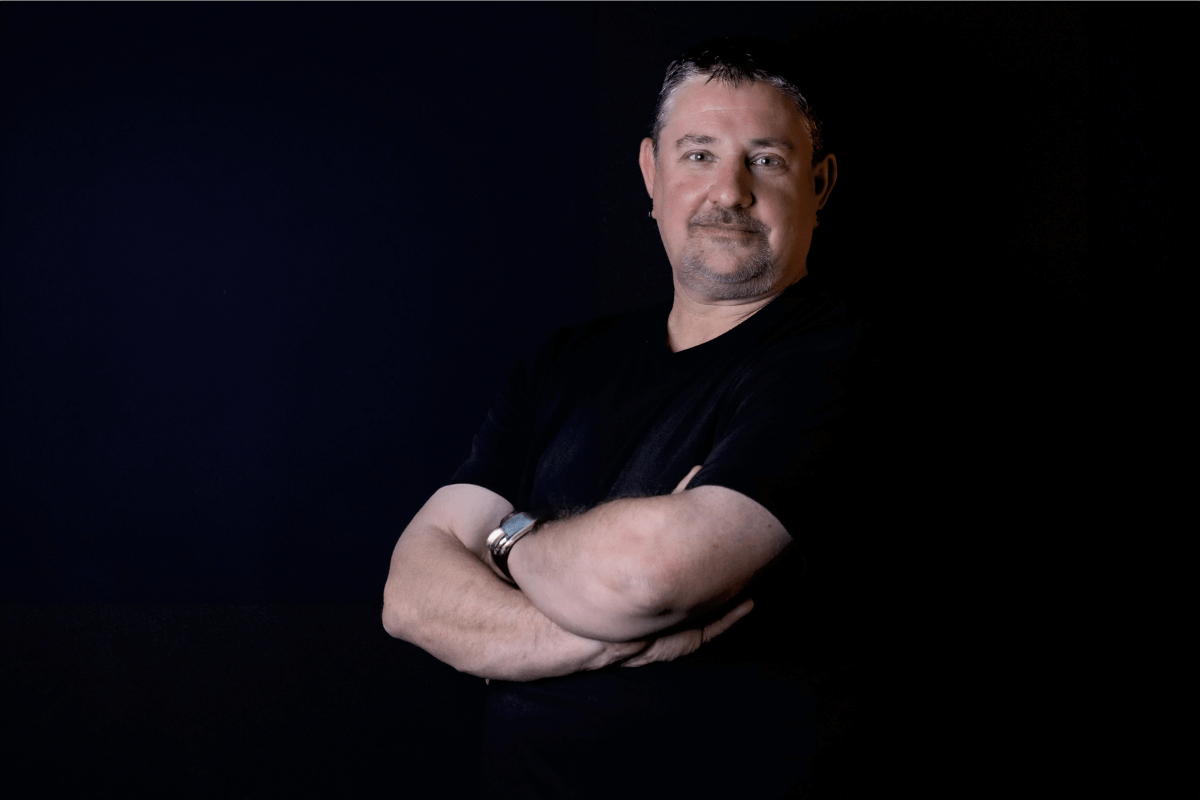


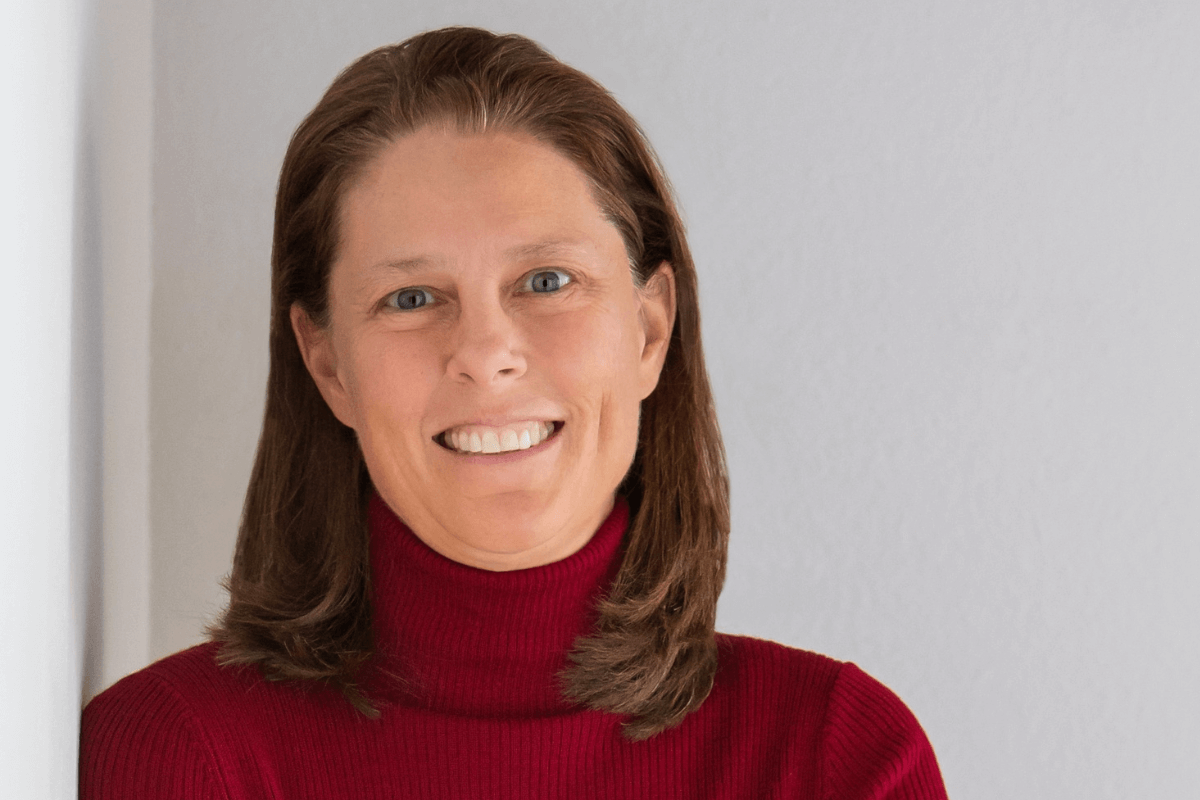

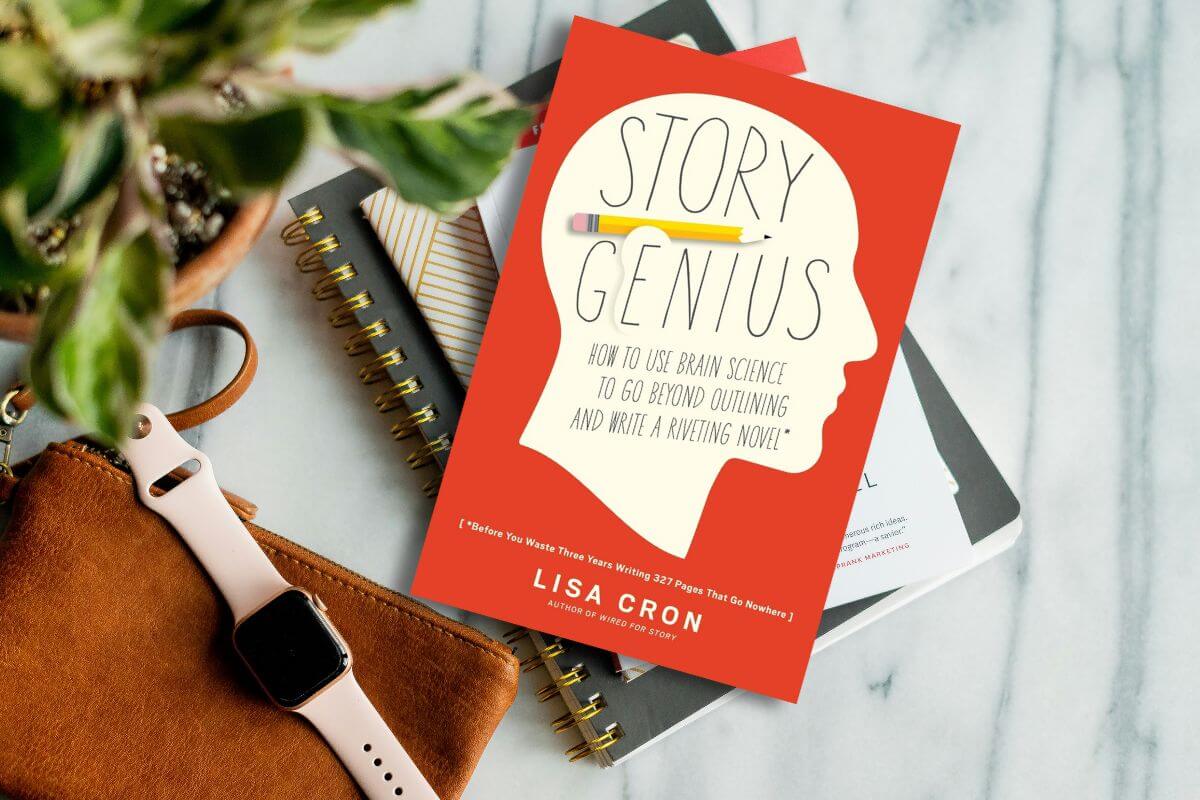
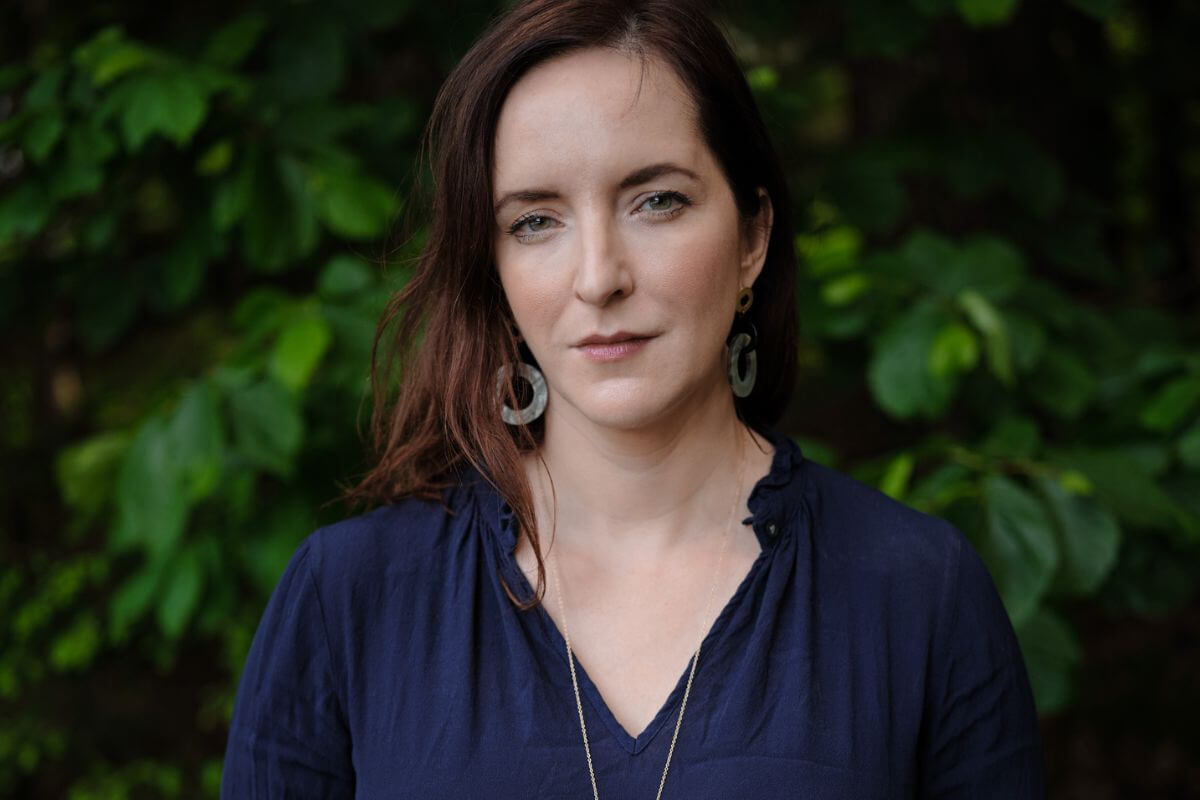
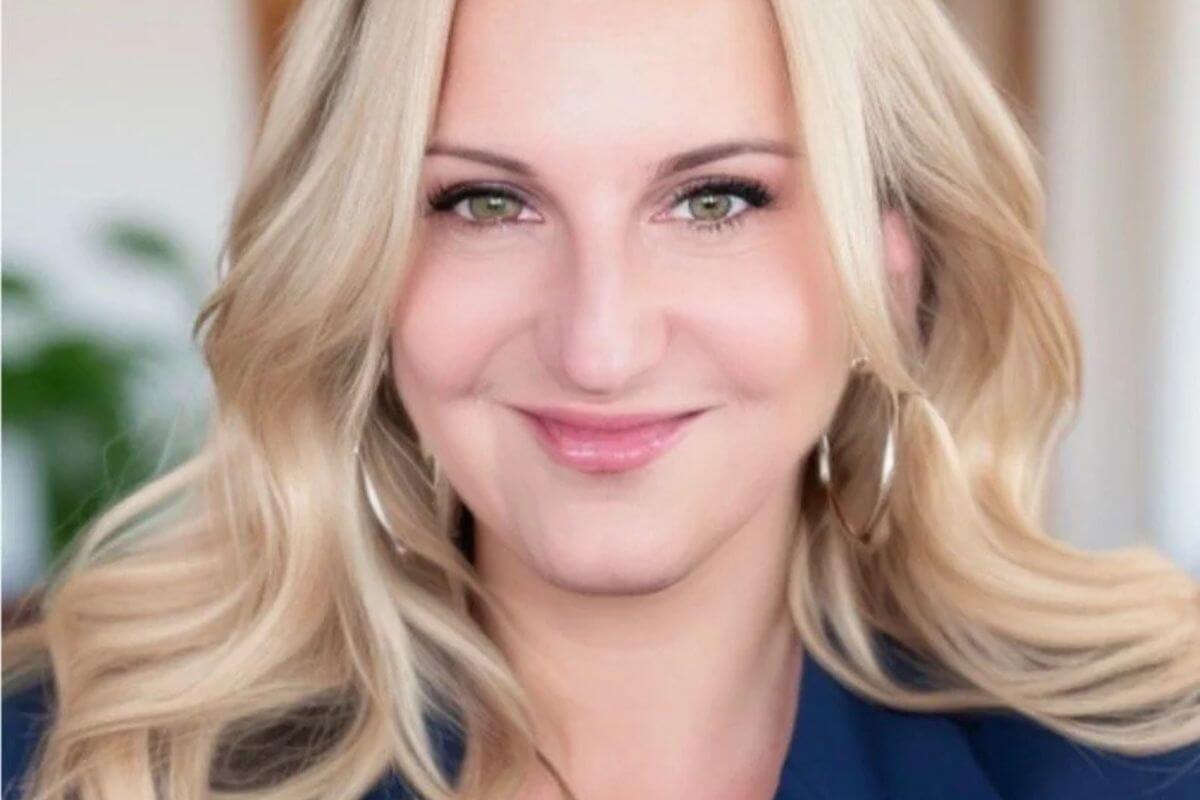

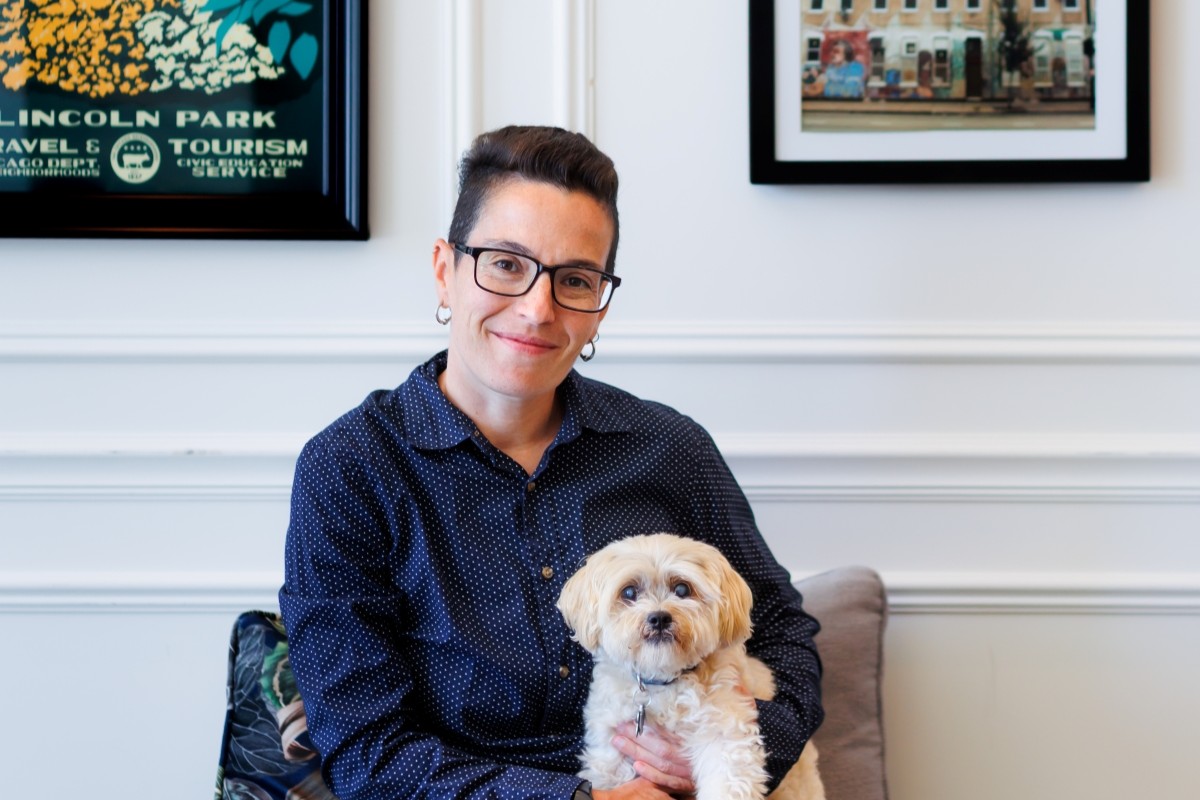


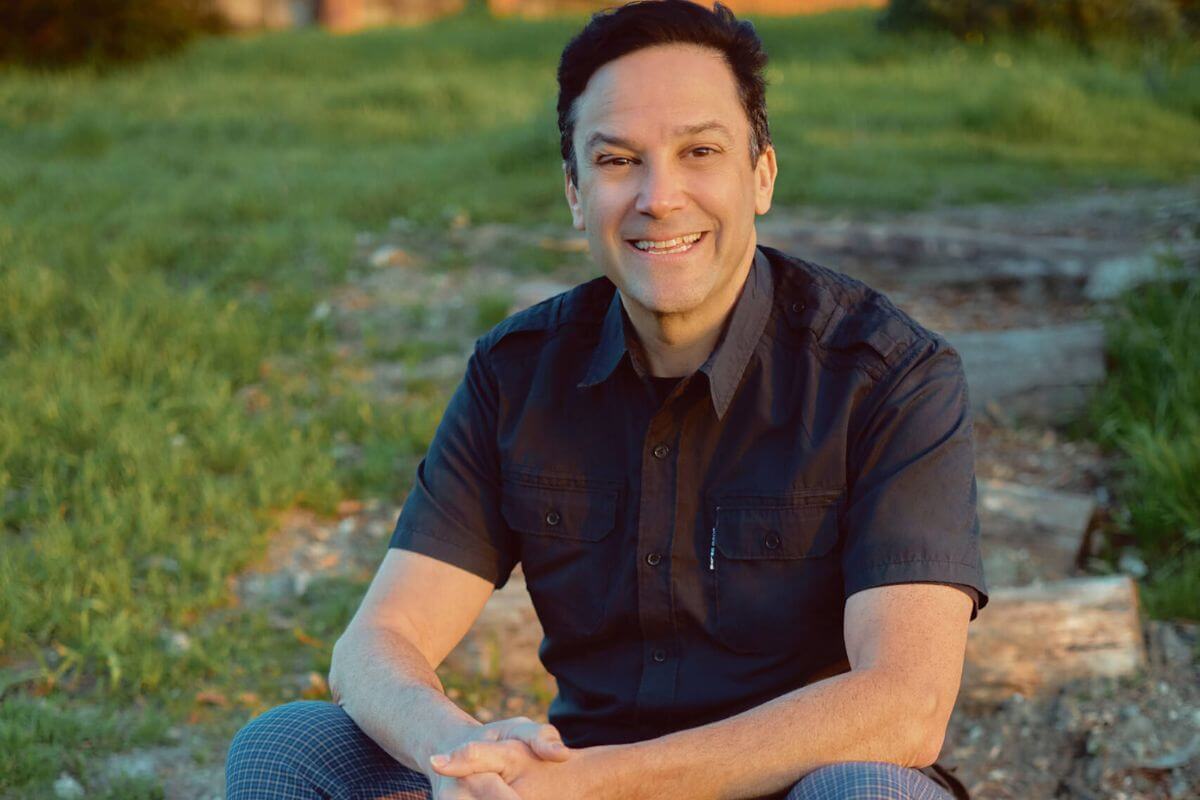
Leave A Comment